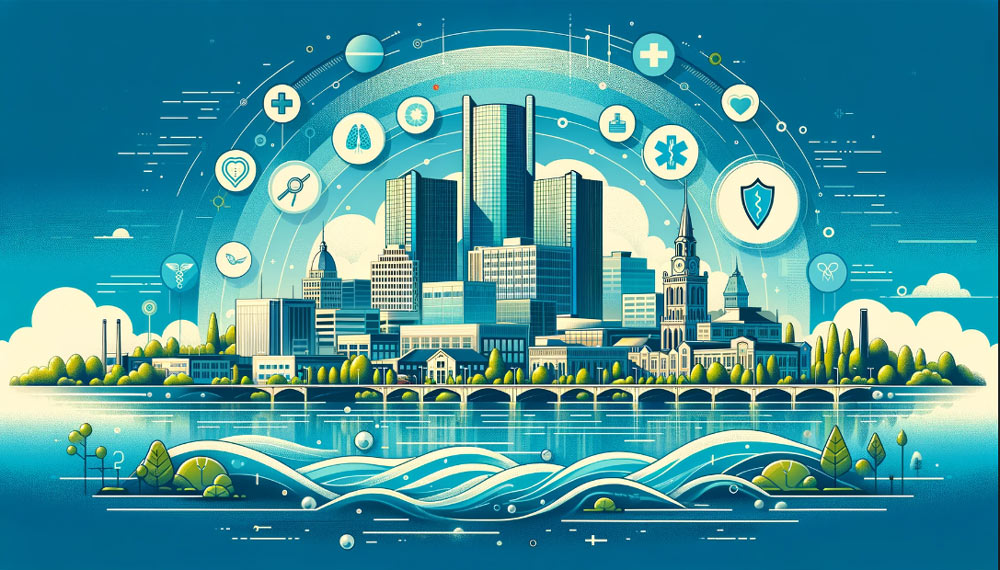Advancements and Challenges in Combatting Legionnaires' Disease in Grand Rapids

In Grand Rapids, a city celebrated for its commitment to public health and community welfare, Legionnaires’ disease poses a unique challenge. This bacterial infection, capable of causing severe respiratory illness, has prompted a concerted effort from local health authorities, researchers, and community leaders. This article delves into the advancements made in detecting and combating Legionnaires’ disease in Grand Rapids, highlighting the challenges faced and the strides taken toward ensuring public safety.
The Evolution of Detection Methods
The battle against Legionnaires’ disease in Grand Rapids has been significantly shaped by advancements in detection technologies. Traditional culture methods, while effective, require several days to yield results. In response, local health laboratories have adopted more rapid PCR (polymerase chain reaction) techniques, allowing for quicker identification of Legionella bacteria in water samples. This has enabled faster responses to potential outbreaks, minimizing the risk to public health.
Public Health Initiatives and Education
Public health initiatives have been pivotal in Grand Rapids’ fight against Legionnaires’ disease. Awareness campaigns targeting both the general public and facility managers responsible for maintaining water systems have been rolled out across the city. These initiatives focus on educating about the importance of regular water system maintenance and the potential risks of neglect. The Kent County Health Department, in collaboration with state and federal health agencies, has conducted workshops and seminars to disseminate the latest guidelines and best practices in Legionella prevention and control.
The Role of Infrastructure and Policy
Grand Rapids has recognized the critical role that infrastructure plays in preventing Legionnaires’ disease. Aging water systems, a challenge for many urban areas, require significant attention and investment to mitigate the risks of Legionella proliferation. In response, the city has embarked on a comprehensive plan to upgrade its water infrastructure, ensuring that cooling towers, plumbing systems, and other potential Legionella habitats meet strict safety standards. Furthermore, local ordinances have been strengthened to mandate regular water quality testing in buildings identified as high-risk environments.
Challenges Ahead
Despite these advancements, Grand Rapids faces ongoing challenges in its fight against Legionnaires’ disease. Climate change, with its associated warmer temperatures and more extreme weather events, may increase the risk of Legionella growth in natural and artificial water bodies. Additionally, the city’s growing population and urban development present continuous challenges in water system management and disease prevention.
Collaborative Efforts and Future Directions
Recognizing that combating Legionnaires’ disease is a multifaceted challenge, Grand Rapids has fostered collaborative efforts between government bodies, health organizations, and the community. Looking forward, the city is exploring innovative technologies and approaches, such as advanced water treatment and monitoring systems, to stay ahead of the curve in disease prevention. Public health officials are also advocating for increased research funding to better understand the dynamics of Legionella bacteria and develop more effective strategies for its control.
Conclusion
As Grand Rapids continues its vigilant fight against Legionnaires’ disease, the path forward is marked by both advancements and challenges. Through a combination of technological innovation, public education, and policy reform, the city is setting a standard for proactive public health management. However, the evolving nature of Legionnaires’ disease, coupled with environmental and demographic changes, calls for ongoing adaptability and commitment from the entire community. In facing these challenges head-on, Grand Rapids exemplifies the collaborative spirit necessary to protect public health and safety in the modern urban landscape.



